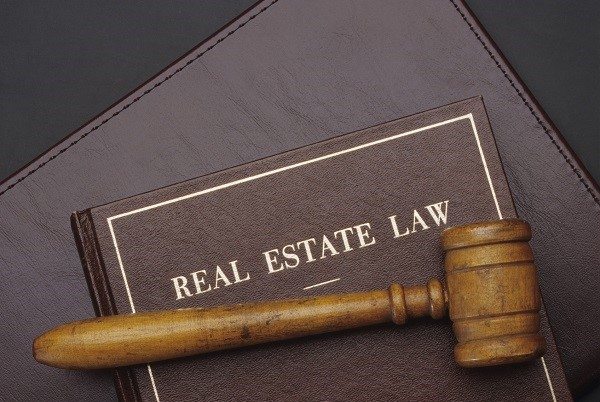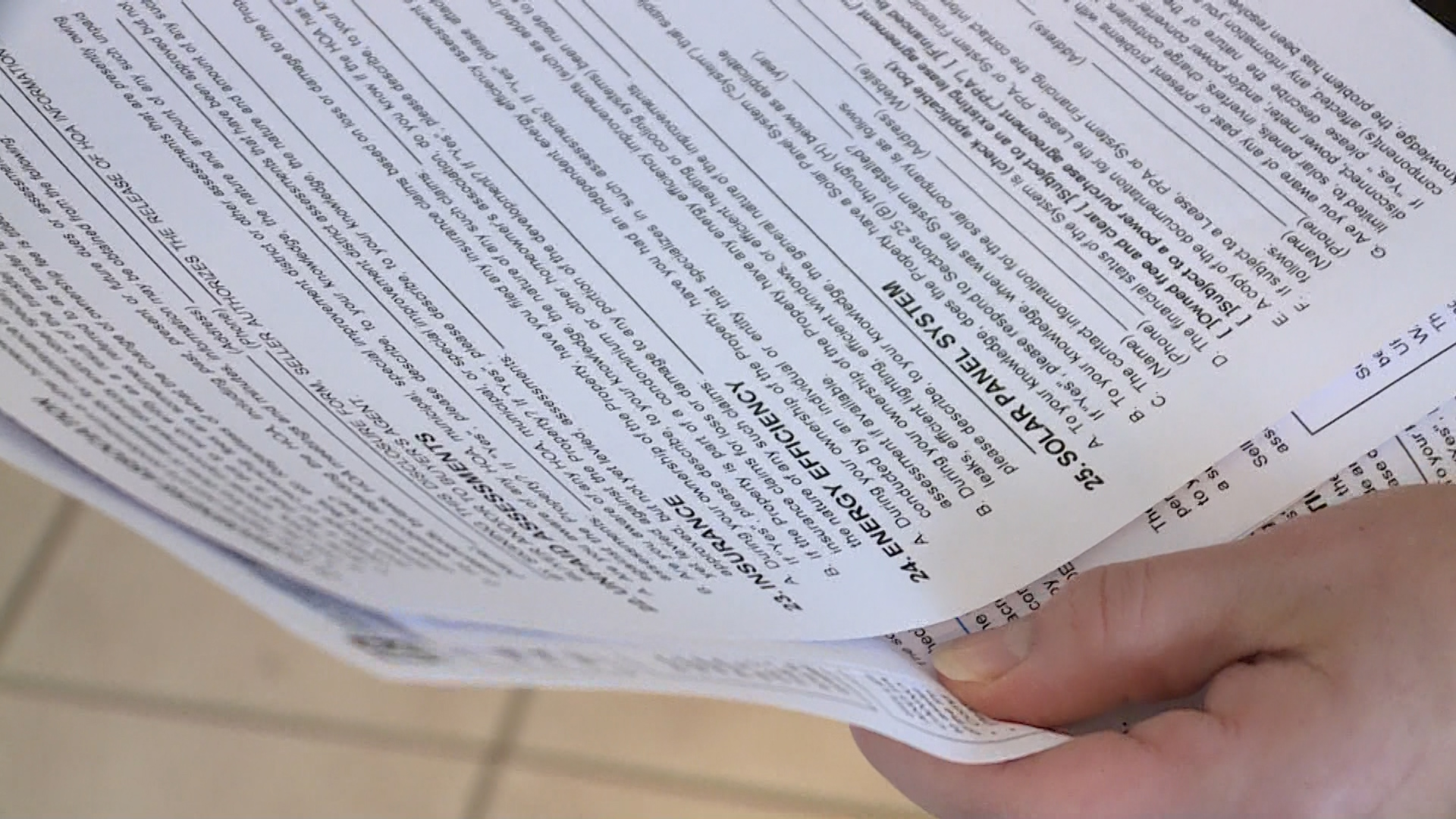Utah Real Estate Law: What Sellers Need to Know

Selling a property can be an exciting process, but it also involves a lot of legalities. As a seller, it’s important to understand the laws that govern real estate transactions in your state. In Utah, the law significantly emphasizes disclosure when selling a property. This means you must provide certain information about the property to potential buyers. Here’s what you need to know about Utah real estate law.
Disclosures
Utah law requires sellers to disclose any known defects or issues with the property. This includes leaks, cracks in the foundation, or any other problems that could affect the value or safety of the property. Sellers must also disclose any environmental hazards, such as lead paint or asbestos. Failure to disclose these issues could result in legal action against the seller.
Utah law also requires sellers to disclose any material facts about the property. Material facts are any information that could affect a buyer’s purchase decision. This includes zoning restrictions, pending litigation, or any other information that could affect the property’s value.
In Utah, sellers must provide potential buyers with a Property Condition Disclosure form. This form asks questions about the property’s condition and any known issues. Sellers must answer these questions truthfully and to the best of their knowledge. Providing false information on the Property Condition Disclosure form could result in legal action.
Contracts
In Utah, the sale of a property is typically governed by a contract. The contract outlines the terms of the sale, including the purchase price, closing date, and any contingencies. Contingencies are conditions that must be met before the sale can be completed, such as a satisfactory home inspection or appraisal.
It’s important to carefully review the contract before signing it. If you’re unsure about any of the terms, it’s a good idea to seek the advice of a real estate attorney. Once you’ve signed the contract, you’re legally bound to its terms.

Closing
Closing is the final step in the real estate transaction. This is when the property is transferred from the seller to the buyer. In Utah, the closing typically occurs at a title company or attorney’s office.
At the closing, the seller will sign the deed transferring ownership of the property to the buyer. The buyer will also sign the loan documents and provide necessary funds, such as the down payment and closing costs. Once all of the paperwork is signed and the funds are transferred, the sale is complete.
Ensuring a Smooth Transaction
Selling a property in Utah involves a lot of legalities, but understanding the law can help ensure a smooth transaction. Utah law places a significant emphasis on disclosure when selling a property. Sellers are required to disclose any known defects or issues with the property and any material facts. The sale is typically governed by a contract, which outlines the terms of the sale. And finally, the closing is when the property is transferred from the seller to the buyer.
If you’re considering selling a property in Utah, working with a qualified real estate agent and attorney is important. They can help guide you through the process and ensure that you’re in compliance with all of the legal requirements. By understanding the law and working with professionals, you can sell your property with confidence.
Categories
Recent Posts










